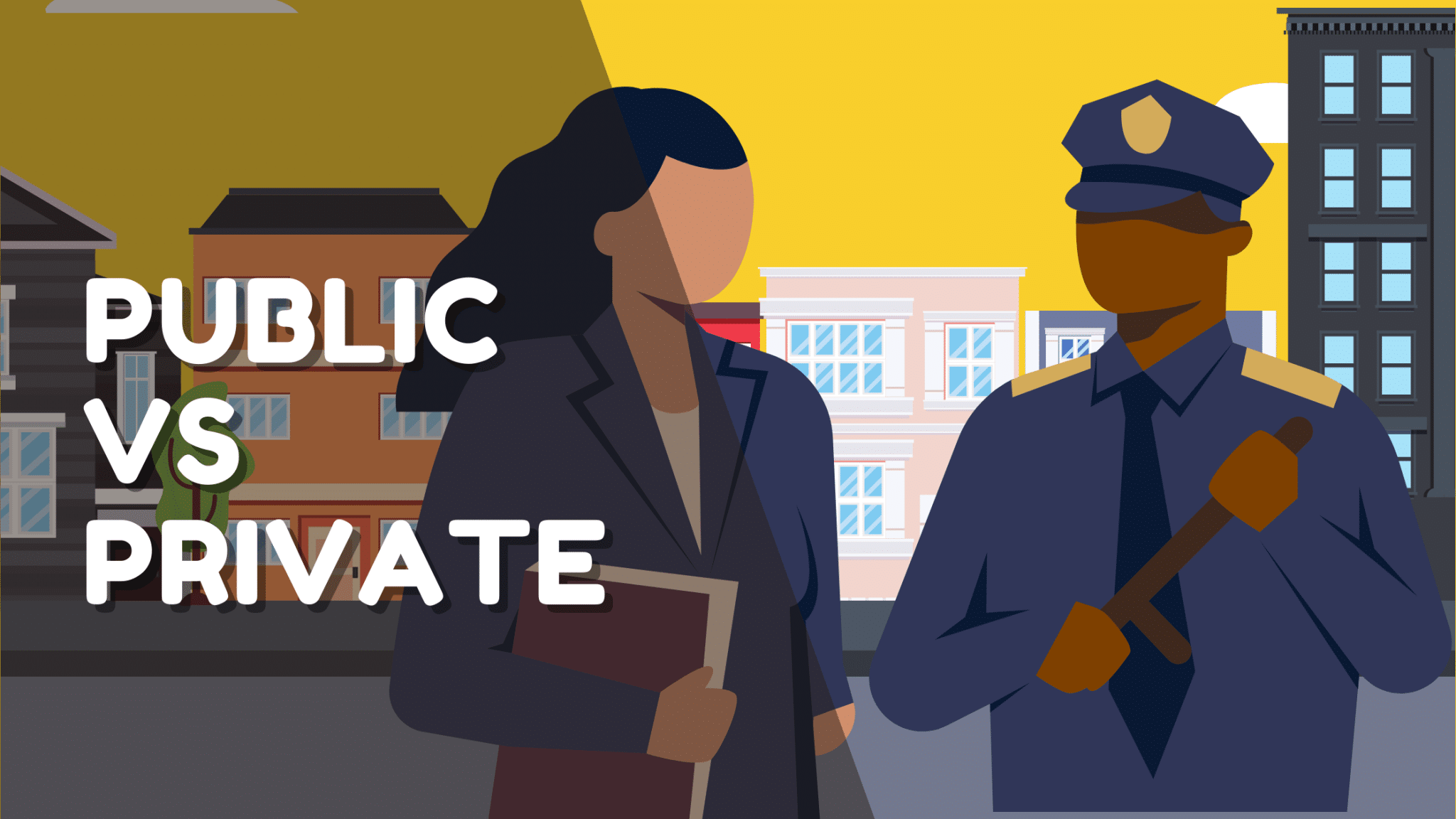
When it comes to working, there are many different options available. You could go into the private sector and work for a company, or you could go into the public sector and work for the government. Both have their benefits, as well as their drawbacks. Let's explore both to find out which is right for you!
Private Sector
The private sector consists of businesses owned by individuals or groups, not the government. This includes everything from small family-owned businesses to large corporations. The most significant benefit of working in the private sector is that there is often more potential for advancement than in other sectors. There may also be opportunities for higher pay and more flexibility in terms of hours and job duties. However, with this greater freedom comes greater responsibility; you may have to work longer hours than if the government employed you, and there could be more pressure to meet deadlines or quotas set by your employer.
But now, let's look at job examples in the private sector for job seekers with and without a university degree.
With a degree
Investment bankers are the people who help companies and governments raise money by issuing and selling securities. They work in the securities industry. Investment bankers typically have a bachelor's degree in business, economics, or finance.
Average salary: $150,000-$3,000,000
Management consultants help organisations improve performance by solving problems and developing action plans. They work in the management consulting industry. Management consultants typically have a bachelor's degree in business, economics, or engineering.
Average salary: $98,000-$150,000
Without a degree
One of the top jobs in the private sector without a university degree is that of an entrepreneur. An entrepreneur is someone who starts their own business. While a university degree is not required to start a business, it can help. A degree can provide you with the knowledge and skills necessary to start and run a successful business. Additionally, a degree can also help you to secure funding for your business.
Average salary: Unlimited
Another top job in the private sector without a university degree is that of a salesperson. A salesperson is someone who sells products or services to customers. While a university degree is not required to be a salesperson, it can help. A degree can provide you with the knowledge and skills necessary to be successful in sales. Additionally, a degree can also help you to secure a job with a good company.
Average salary: $70,000
Public Sector
The public sector includes all organisations funded by taxes or managed by the government. These can consist of federal agencies like NASA to local schools and libraries. The main perk of working in the public sector is stability; since these jobs are typically funded through taxes, they are usually less likely to be affected by economic downturns than those in the private sector.
Additionally, many public-sector jobs offer excellent benefits packages such as health insurance, pension plans, vacation time, etc., making them attractive to workers looking for long-term job security. However, on the downside, there can be less room for advancement within these positions since they tend to be structured hierarchically with limited opportunities for promotion or salary increases over time.
Some Examples of these careers:
With a degree
A public relations specialist is responsible for creating and maintaining a positive image for their employer or client. In addition, they write press releases, organise media events, and manage social media accounts. A public relations specialist typically needs a bachelor's degree in public relations, communications, or a related field.
Average salary: $58,500
An event planner is responsible for organising conferences, weddings, and parties. They work with clients to determine their needs and coordinate the event's details, including booking venues, arranging transportation, and ordering supplies. An event planner typically needs a bachelor's degree in event management, hospitality management, or a related field, but it's only sometimes required.
Without a degree
Police officers are responsible for enforcing the law and keeping the peace within their communities. While a university degree is not required to become a police officer, most candidates do have some post-secondary education. To be hired as a police officer, candidates must complete a rigorous training program at a police academy.
Firefighters are responsible for responding to fires and other emergencies. While a university degree is not a requirement, most candidates do have some post-secondary education. Also, candidates must complete a rigorous training program.
Whether you enter the public or private sector will depend mainly on your personal goals and needs regarding employment. For example, suppose you're looking for stability and excellent benefits packages. In that case, a job in the public sector may be ideal for you. However, if you prefer more flexibility and potential for growth, then going into business with a private company might be better suited to your needs! Ultimately it's up to you to decide which route best fits your career aspirations so take some time to think about what kind of environment would make you happiest before committing yourself either way!
Are you looking for a job? Please take a look at our app and job board! Find jobs near you today!